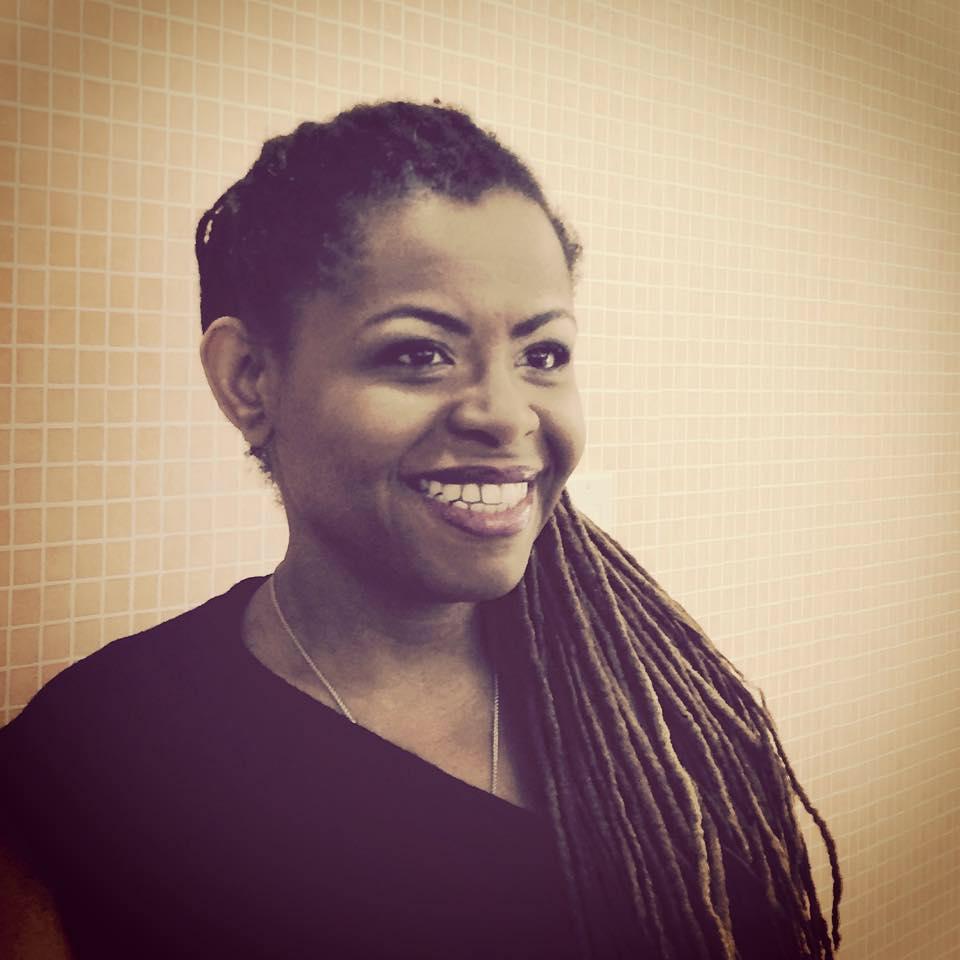The Homeplace Aesthetic: African American Principles of Place Preservation in Deep East Texas’ Vernacular Landscapes

Increasingly, scholars are investigating the history of black spaces of resistance, cultural reproduction, and self-preservation with most literature focusing on professional interventions in urban contexts. Less is little written about African American agency in contemporary, rural, built environments, especially planning and preservation of buildings in intentional communities. The presenter addresses this absence with her discussion of grassroots place preservation in freedom colonies or freedmen’s towns, paying special attention to how homesteads (or farmsteads) are the most persistent remnants of African American placemaking in these disappearing vernacular landscapes. Preserving these homesteads in these disappearing low population density communities is essential, because their presence authenticates freedom colony’s settlement pattern and sense of place. In the two cases discussed, one owner leverages the space to recreate a community core and catalyze heritage tourism while the owner in the smaller, secluded homestead uses the property (and surrounding forest) to sustain sovereignty and principles of community resilience. The meaning and significance of their homeplace aesthetic is explained along with a discussion of how the aesthetic might improve public planning and preservation agencies’ approaches to place protection, recognition, and definition in Texas.
Dr. Andrea Roberts is an Emerging Scholar for the Study of Race and Gender in the Built Environment of the American City at The University of Texas at Austin's School of Architecture. She is also founder of the Texas Freedom Colonies Project. Her research focuses on both historical and contemporary African American planning, preservation practices, and endangered cultural landscapes. Dr. Roberts earned an MA in Government Administration from the University of Pennsylvania and a BA in Political Science from Vassar College. Her work is informed by more than 12 years’ experience in public finance and community development. Dr. Roberts is the author of “The Farmers’ Improvement Society and the Women’s Barnyard Auxiliary of Texas: African American Community Building in the Progressive Era” in the Journal of Planning History. She is currently developing a book proposal for Don’t Sell the Land a collection of ex-slave settlement creation and grassroots planning practice stories.
__________
"Goldsmith Talks" is an open-format series of presentations organized by UTSOA faculty, staff, and students. Goldsmith Talks aims to encourage and promote presentations that are outside of the scope of the main lecture series. Examples are: invited seminar presentations, book talks, lectures by designers and scholars who may be in Austin for another engagement, round-table discussions, film screenings, product demonstrations, or any other activity related to research, scholarship, and teaching activities and at the school. The format provides a platform for encouraging the dissemination of work by visitors and members of our community. The goal is to raise awareness, increase access, and better integrate such events within the public life of the school.
